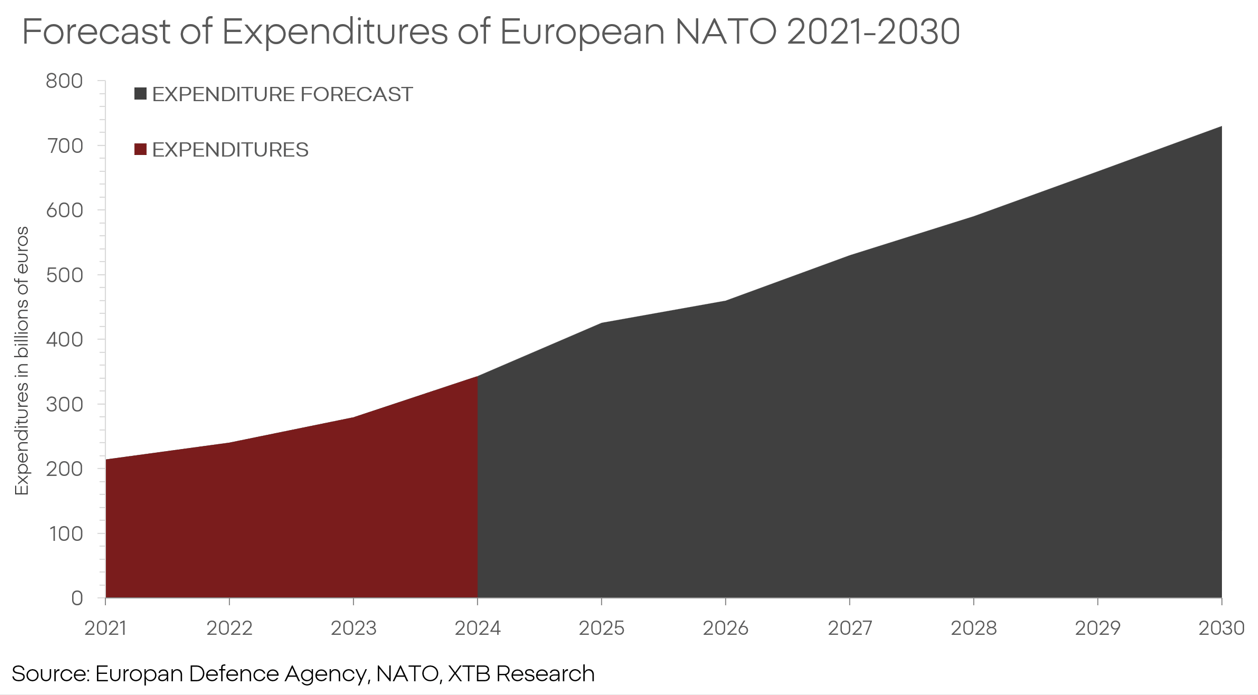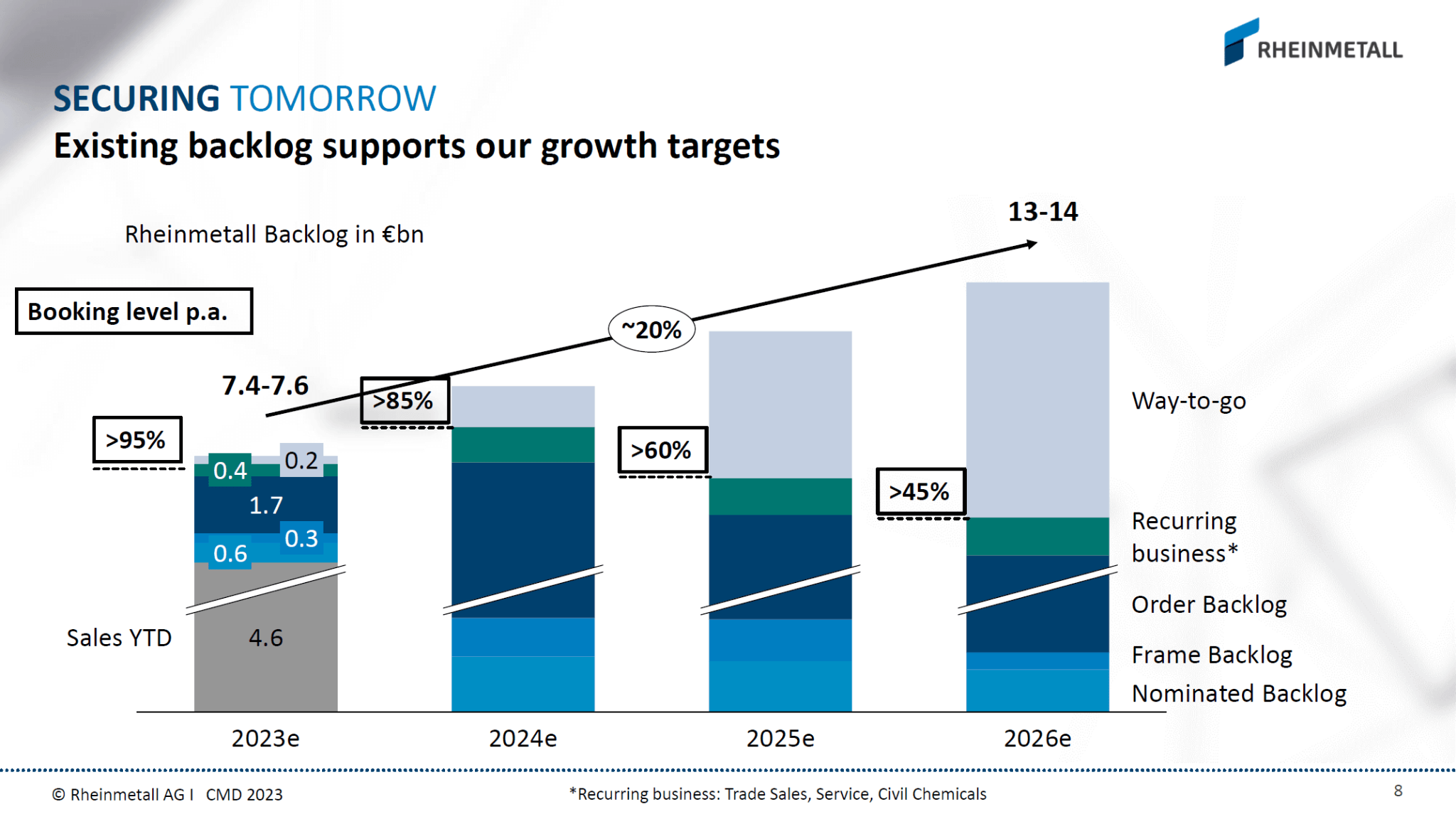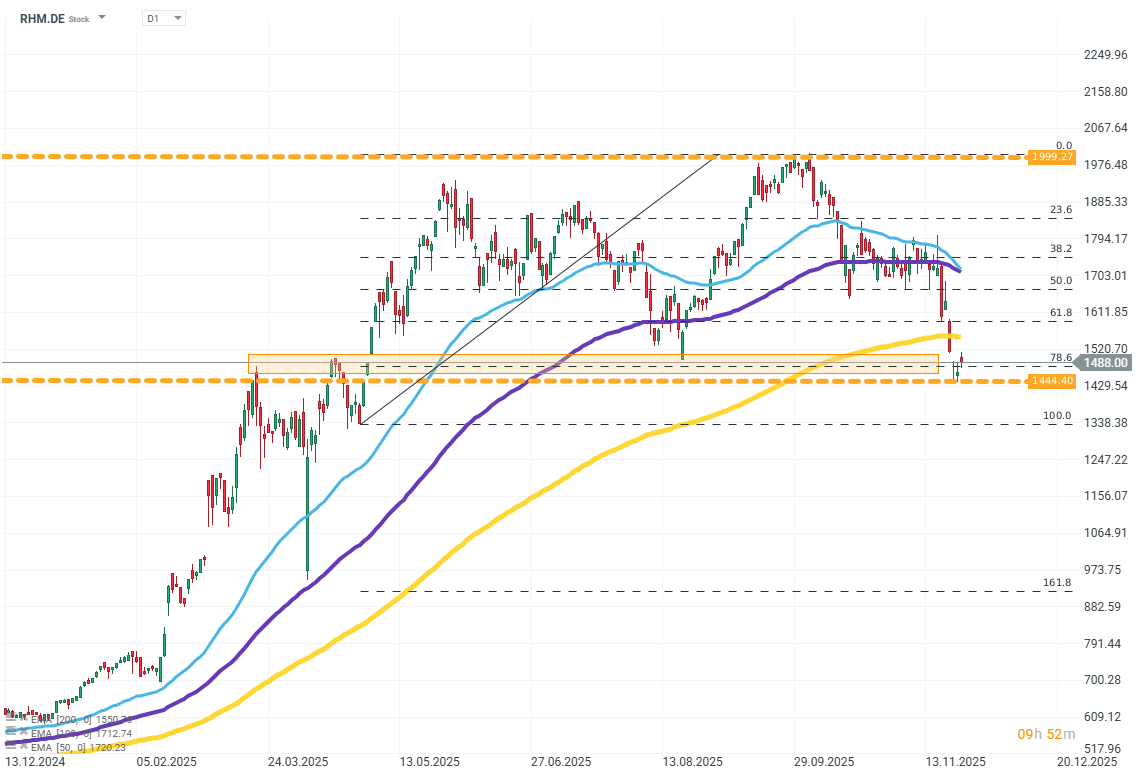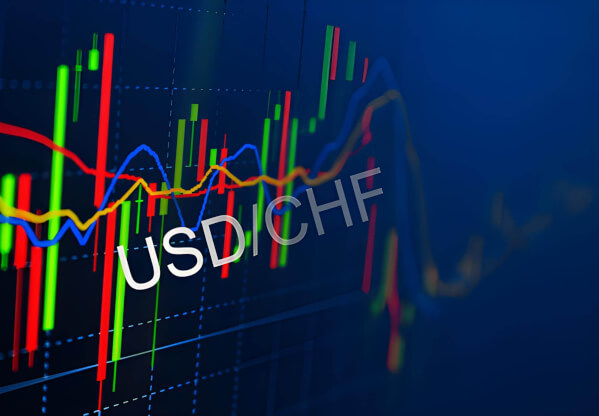- Struggling European economy looks towards Germany for direction
- Germany economic often ends up being more of a gamble and less of a strategy
- Will military spending re-ignite industry and growth?
- Regardless of scenario, German defense industry will benefit
- Struggling European economy looks towards Germany for direction
- Germany economic often ends up being more of a gamble and less of a strategy
- Will military spending re-ignite industry and growth?
- Regardless of scenario, German defense industry will benefit
The German economy is trapped in a phase of economic slowdown resulting from a series of structural problems. High energy costs combined with increasing government spending and low economic growth limit the government's maneuverability and investor optimism. Europe's economic giant is struggling more and more.
Germany has a problem, and no one is avoiding the topic anymore, not even the Germans. Unfortunately, what Germany is avoiding is correctly identifying the source of the problems and addressing them. This is not the first such case in the recent history of the Federal Republic of Germany.
In the 21st century, the German state has shown a tendency towards radical, risky, and poorly thought-out economic strategies. The attempt to base a radical restructuring of a significant part of the Union's economy on Russian resources — mainly gas — ended in a sudden energy crisis and an explosion of inflation that shook the entire community.
The Bundestag's next poker move is to transform current threats into opportunities through massive investments in the defense industry and infrastructure. The German government believes that expanding military capabilities will stimulate the economy, and new technologies developed for the army will eventually reach the civilian sector. This strategy is supposed to allow them to attract capital, skilled workers, and orders from other European countries.


Source: Rheinmetall
Germany still has relatively low and stable public debt, and its industrial base remains strong. The Russian threat is real and long-term, which is expected to provide a lasting and stable demand for armaments throughout Europe. If the process of re-industrialization and militarization were successfully carried out, it could pull the country out of economic stagnation and further strengthen Germany's role in the Union.
However, the key word here is "success." Shifting huge financial resources to the defense sector does not solve fundamental competitiveness problems. It may even deepen them. Labor and energy costs will rise, and capital will be directed where demand exists mainly due to government orders. Increasing debt financing in the long term will deprive Germany of one of its key assets, and growing budgetary pressure may force later cuts when the economy and budget are most vulnerable to them.
As a result, Germany is once again deciding to play "Va banque". After a series of unsuccessful decisions, their margin for error has clearly narrowed. The stakes are not only the restoration of their own competitiveness but also the stability of the entire Europe. Germany must tread very carefully and address the sources of the problems, not just their effects. If the next major economic-strategic maneuver turns out to be misguided, the cost will be borne not only by German taxpayers but also by economic and political partners dependent on the condition of the continent's largest economy.
RHM.DE (D1)

Source: xStation5

Daily summary: Markets aren’t afraid of the conflict, valuations are normalizing

US OPEN: War in Iran hits the markets

EU Suspends Landmark Trade Deal. Gold is up 2%

⛔ Trump’s tariffs ruled illegal: will companies receive billions of dollars in refunds?
The content of this report has been created by XTB S.A., with its registered office in Warsaw, at Prosta 67, 00-838 Warsaw, Poland, (KRS number 0000217580) and supervised by Polish Supervision Authority ( No. DDM-M-4021-57-1/2005). This material is a marketing communication within the meaning of Art. 24 (3) of Directive 2014/65/EU of the European Parliament and of the Council of 15 May 2014 on markets in financial instruments and amending Directive 2002/92/EC and Directive 2011/61/EU (MiFID II). Marketing communication is not an investment recommendation or information recommending or suggesting an investment strategy within the meaning of Regulation (EU) No 596/2014 of the European Parliament and of the Council of 16 April 2014 on market abuse (market abuse regulation) and repealing Directive 2003/6/EC of the European Parliament and of the Council and Commission Directives 2003/124/EC, 2003/125/EC and 2004/72/EC and Commission Delegated Regulation (EU) 2016/958 of 9 March 2016 supplementing Regulation (EU) No 596/2014 of the European Parliament and of the Council with regard to regulatory technical standards for the technical arrangements for objective presentation of investment recommendations or other information recommending or suggesting an investment strategy and for disclosure of particular interests or indications of conflicts of interest or any other advice, including in the area of investment advisory, within the meaning of the Trading in Financial Instruments Act of 29 July 2005 (i.e. Journal of Laws 2019, item 875, as amended). The marketing communication is prepared with the highest diligence, objectivity, presents the facts known to the author on the date of preparation and is devoid of any evaluation elements. The marketing communication is prepared without considering the client’s needs, his individual financial situation and does not present any investment strategy in any way. The marketing communication does not constitute an offer of sale, offering, subscription, invitation to purchase, advertisement or promotion of any financial instruments. XTB S.A. is not liable for any client’s actions or omissions, in particular for the acquisition or disposal of financial instruments, undertaken on the basis of the information contained in this marketing communication. In the event that the marketing communication contains any information about any results regarding the financial instruments indicated therein, these do not constitute any guarantee or forecast regarding the future results.


